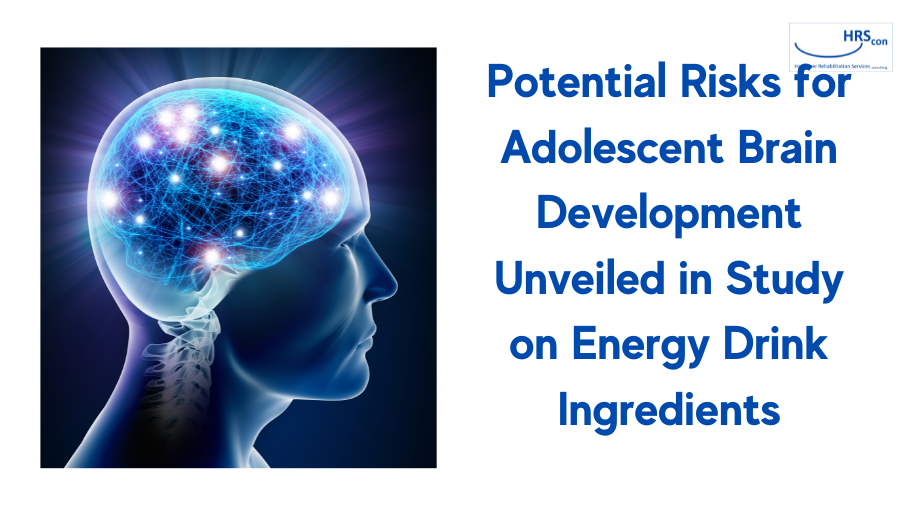In a study, researchers raised serious concerns about the potential risks to adolescent brain development associated with the consumption of energy drinks.
The study focused on two key ingredients commonly found in energy drinks: caffeine and taurine. Findings indicated that adolescents, the primary consumers of energy drinks, might face detrimental effects on crucial brain neurodevelopmental processes. This underscores the need for a closer examination of the impact these popular beverages may have on the vulnerable period of adolescence, which is a critical phase in brain development.
Caffeine, a well-known stimulant present in coffee and many energy drinks, was identified as a potential disruptor of purinergic signaling in the brain. Acting as an antagonist at A1 and A2A adenosine receptors, caffeine may alter neurotransmitter release and intracellular processes, potentially leading to a range of adverse effects.
Taurine, a non-essential amino acid found in high concentrations in the brain, heart, and skeletal muscle, was also highlighted for its potential impact on brain development. The study suggested that excess taurine intake, especially during adolescence, may interfere with normal cortical development, potentially contributing to neurological disorders.
A preclinical study further revealed adverse effects of supplemental taurine consumption during adolescence and early adulthood on learning and memory function, suggesting a potential interference with synaptic processes crucial for brain maturation.
Moreover, the study demonstrated that both caffeine and taurine have detrimental impacts on developing oligodendrocytes and neurons. These effects include inducing degeneration, reducing proliferation of immature oligodendrocytes, and impairing neuronal network formation, demonstrating a synergistic effect in oligodendrocyte degeneration.
As energy drinks continue to gain popularity among adolescents, the findings underscore the importance of understanding the potential risks associated with their consumption. Advocates for responsible energy drink consumption emphasize the need for increased awareness and informed decision-making, especially during the crucial period of adolescent brain development.
Reference
Other interesting articles



